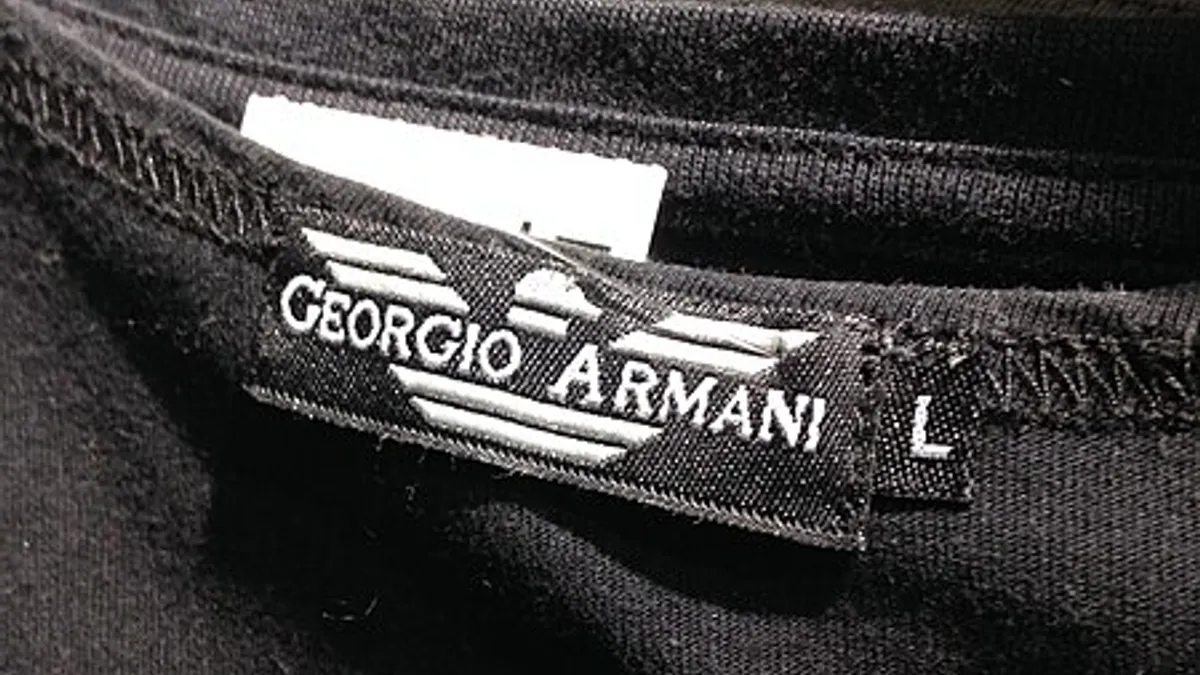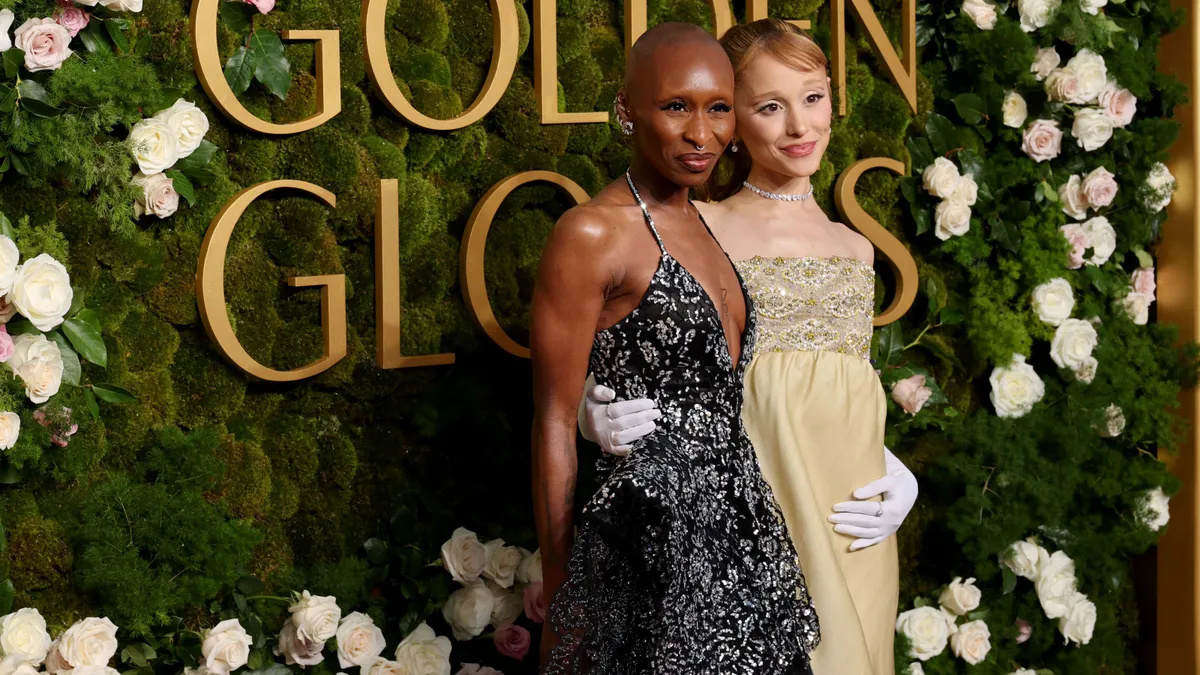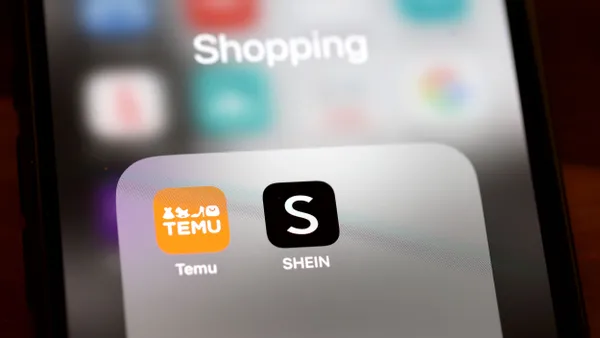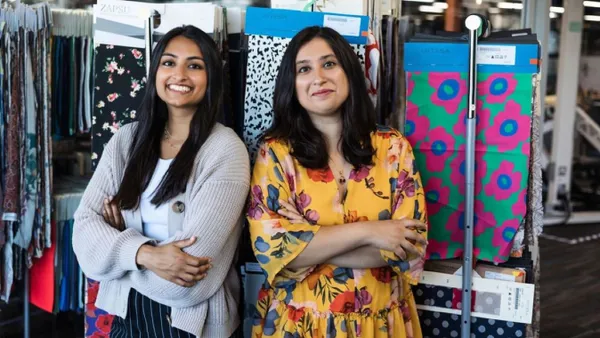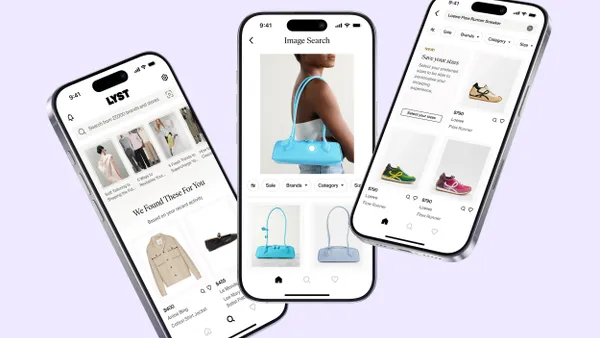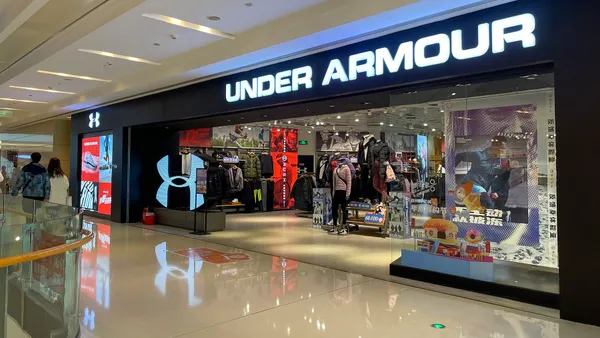Dive Brief:
- The American Apparel & Footwear Association on Wednesday recommended all of Meta’s social media platforms for inclusion on the upcoming “notorious markets” counterfeiting list published by the Office of the United States Trade Representative. It’s the fifth time the AAFA has suggested the social media giant’s properties be added to the list.
- Facebook, Instagram, Whatsapp and Threads have a “concerning volume and accessibility” of counterfeit goods on their platforms, according to the AAFA, despite brands’ efforts to share information with Meta. Meta did not immediately respond to a request for comment, but on its website, the company says it has policies in place regarding the promotion or sale of counterfeit goods.
- The AAFA also named Alibaba-owned AliExpress, DHgate and Shopee as platforms with a concerning level of counterfeit activity. The association nominated Shopee for a sixth time since 2018, saying the platform lacks proactive measures to block counterfeits and that it has made limited progress to address repeat offenders.
Dive Insight:
In a nearly 40-page report, the AAFA said that the problem of counterfeiting has reached an unprecedented scale, “enabled by the power of e-commerce [and] aided by a public policy establishment that has so far refused to act, there are few barriers to the knowing and unknowing purchase of counterfeits.” The organization adds that it’s now a matter of when Americans bought their last counterfeit item versus pondering if the issue is happening.
The Washington, D.C.-based trade group, which says it represents over 1,000 apparel and footwear brands, retailers and manufacturers, said one of its members found that for two of its brands, the number of counterfeit listings on DHgate was three times higher during the first six months of 2024 versus the same period in 2023. Another association member said they’ve spent over $1 million over the last year on anti-counterfeiting efforts. The USTR has published its notorious markets list since 2011 to increase public awareness on the issue.
The AAFA’s report gives numerous examples of how brands are attempting to respond to the issue of counterfeiting and intellectual property infringement on the platforms in question, including Meta’s.
One member told the association that Meta’s platforms pose the most significant threat to its intellectual property and brand integrity among all global platforms. According to the member’s feedback, “this is largely due to Meta's unchecked and complacent stance on widespread abuses across its services.” In another instance, a search for hats, hip packs and shirts for one member’s brand on Facebook returned with 100% counterfeit items — over 200 products in all between this January and June.
Meta said it’s building partnerships to enhance IP protections. It also offers a brand rights reporting tool that allows for reporting of concerning content. Additionally, Meta publishes a regular intellectual property transparency report that includes information on its actions to address counterfeiting.
However, the AAFA says Meta has so far declined repeated invitations this year to engage in conversation with its members, even though questions were provided in advance. Instead, the association said, Meta participated in a sponsored webinar, which was “heavily scripted” and did not offer an opportunity for open dialogue.
“Given the lack of proactivity by platforms on the back end, consumers are presented with dangerous products and fraud on the front end," AAFA President and CEO Steve Lamar said in a statement. “These are global issues. We are looking to USTR, via this process, to address the counterfeiting issue holistically and not in a siloed, country by country, approach.”



